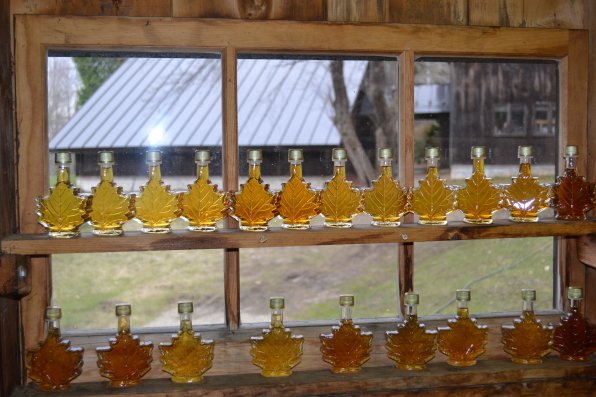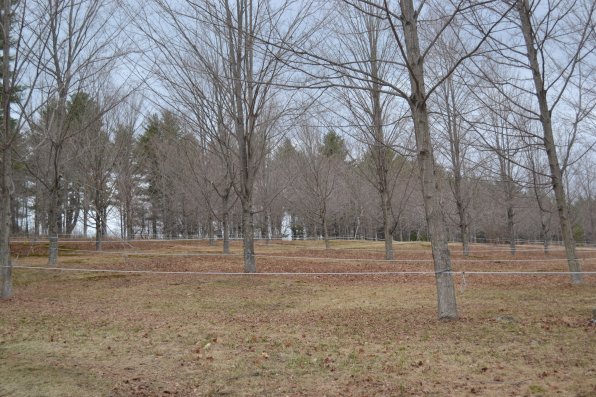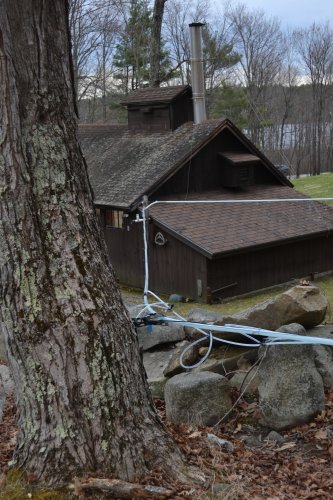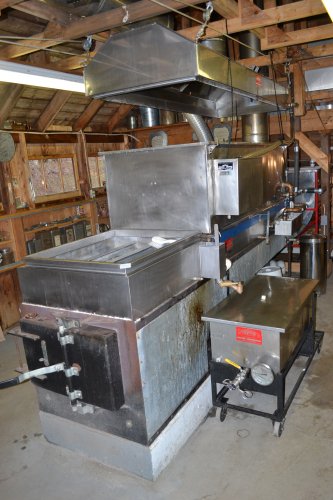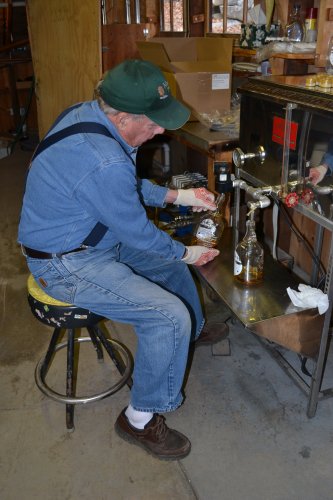Warning: Use of undefined constant large - assumed 'large' (this will throw an Error in a future version of PHP) in /srv/users/serverpilot/apps/concord-insider-wordpress/public/wp-content/themes/Nexus-child/functions.php on line 154
Warning: Use of undefined constant large - assumed 'large' (this will throw an Error in a future version of PHP) in /srv/users/serverpilot/apps/concord-insider-wordpress/public/wp-content/themes/Nexus-child/functions.php on line 154
Warning: Use of undefined constant large - assumed 'large' (this will throw an Error in a future version of PHP) in /srv/users/serverpilot/apps/concord-insider-wordpress/public/wp-content/themes/Nexus-child/functions.php on line 154
Warning: Use of undefined constant large - assumed 'large' (this will throw an Error in a future version of PHP) in /srv/users/serverpilot/apps/concord-insider-wordpress/public/wp-content/themes/Nexus-child/functions.php on line 154
Warning: Use of undefined constant large - assumed 'large' (this will throw an Error in a future version of PHP) in /srv/users/serverpilot/apps/concord-insider-wordpress/public/wp-content/themes/Nexus-child/functions.php on line 154
For just one second, imagine life without maple syrup.
What would you put on your fluffy pancakes, Belgian waffles and cinnamon dipped French toast? Jam or jelly wouldn’t cut it. Peanut butter or butter just doesn’t do it for us either. And what about all the other things that maple syrup makes taste better, like barbecue sauce, candy and – one of our favorites – pulled pork?
Well, it’s a good thing we’ve got a place like Mapletree Farm right here in Concord producing some of the best maple syrup you’ll find – and we mean anywhere. Owners Dean and Meg Wilber have been tapping, sapping and boiling the sweet stuff at their Oak Hill Road sugarhouse for 40 years, so it’s safe to say they know a little bit about how to make it. Despite a late sap run due to about three feet of snow on their property and enough cold weather to cover us for a few winters, the Wilbers were lucky that their syrup production didn’t suffer too much. Dean estimated they got about 7/8 of a typical year, which translated into “a couple hundred gallons.”
“It could have been much worse given the winter we had,” Meg said.
To get that amount of syrup, the Wilbers collected somewhere between 10,000-11,000 gallons of sap from their maple trees. Yeah, you heard us right. It takes about 43 to 45 gallons of sap to make one gallon of syrup, which when quantified in taps (four) is anywhere from two to four trees worth.
“We never put more than two taps in a tree,” Meg said. “There’s an art to tapping.”
For the sap to run, the temperatures have to be just right – and that’s both during the day and at night. The temperature at night needs to be between 22 and 26 degrees, and between 38 and 46 degrees during the day. And in case you don’t remember, it took a while to hit those optimal readings on the mercury thermometer. But one fool proof way to tell if the sap is about ready to go has nothing to do with science or temperatures, but rather when the squirrels run on to the small branches and nip a bud to get a taste of the sap. And the end of the run is identified by the chirp of the peepers in the evening. It’s like they have nature’s little alarm clocks working for them.
“It’s kind of a crazy crop,” Dean said.
The sap will actually run in the months of November through January, but it’s not as sweet as it is in March, when sugarhouses around New Hampshire are collecting and boiling in a mad dash to get syrup ready for all of us to enjoy. Like we said before, we do need something to liven up our weekend brunches.
“It hasn’t cycled up the tree enough to collect all the sugars,” Dean said of the earlier months.
And that’s why those temperatures are so important. Did you know that temperatures above 50 degrees will cause bacteria to form in sap? Well you do now. So you see why it’s such a short window to collect the sap and why we should appreciate our sweet breakfast foods a little bit more.
“The season was just really late getting started,” Dean said. “And the seasons are getting shorter and shorter every year.”
The Wilbers have a pretty sweet system (no pun intended) when it comes to collecting all their maple trees have to offer. Dean set about 950 taps this year using check valve spouts, like he does every year, because it actually kills that part of the tree. All but 10 of those taps are connected to the 30,000 feet of tubing; the rest require the old fashion bucket approach, and with a little help from something we like to call gravity the sap drains either directly into a large holding tank in the sugarhouse or a few road side tanks the Wilbers have strategically placed.
When the sap comes out of the tree it has a 2 percent sugar content. Back in 2009, the Wilbers invested in a reverse osmosis machine, which helps separate the sugar content from the water to concentrate the sap to 8 percent. But that’s the highest they’ll go.
“The more you concentrate it, the less flavor you get out of it,” Dean said.
The machine has helped cut the evaporation time, wood consumption and the overall time in the sugarhouse by about 75 percent. Man, we need a reverse osmosis machine for our office.
The Wilbers have a rule: If the sap runs today, they boil it the same day. It’s all about making the final product as fresh as possible. The evaporator is run off hardwood collected and cut from their property and is replenished about every 10 minutes to keep the temperature up to around 400 to 500 degrees. There’s a steam recycler that preheats the cold sap to 185-190 degrees before it enters the flue pan, where the majority of water from the sap is evaporated. Hot sap, instead of cold sap, entering the flue pan enhances the evaporator efficiency. When everything is going smoothly, they can produce eight to 10 gallons of syrup per hour.
“Meg and I pretty much do it on our own,” Dean said.
This year, they boiled 12 times (the last coming on April 15) and since the quality is crucial to the Wilbers, they clean the syrup pan every 20 to 25 gallons. No chemicals are used to clean the equipment, which is lead free – something we appreciate when it comes to our food.
“We take the time to do it right,” Dean said. “There’s a real art to all of it.”
The syrup passes through multiple filters before making its way to the finisher, where it’s poured into heated bottles at 185 degrees. It’s capped with a tamper evident seal and ready for you to bring home – after paying for it, of course.
One of the reasons they bought the property in 1973 was because of the abundance of maple trees. They first tapped the trees in 1975, hence them celebrating 40 years in business, and then planted 200 trees they bought from Vermont over a two year span in 1981-82.
“We planted them when they were the size of a pen,” Dean said.
“We were lucky to get them, they are super sweet,” Meg added.
Dean learned the art of turning sap into syrup from his uncle, beginning at age seven and has been doing it ever since. You can tell by the taste that the Wilbers have a pretty good handle on the syrup making process.
Mapletree Farm syrup is sold at places like Quality Cash and Apple Hill Farm, but you can also get it directly from the Wilbers. Since it is still clean up time, they might not always be home so you might want to call ahead (224-0820) or email mapletreefarm@comcast.net.
And you might want to hurry, because it sure does go fast.
“We can sell every drop we make,” Dean said. “The syrup sells itself.”

